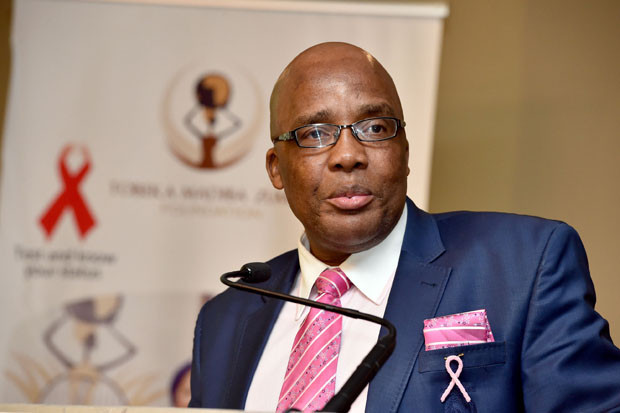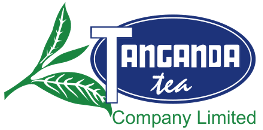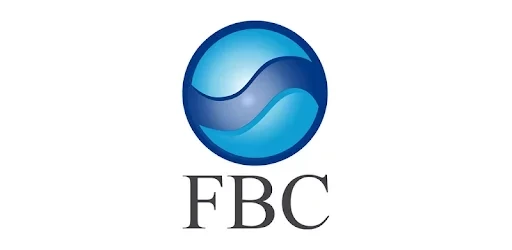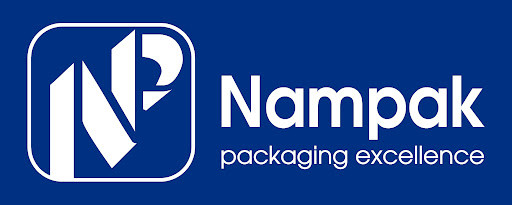
THE Hospitality Association of Zimbabwe (HAZ) has urged operators to strike a balance and make sure that their rates draw in enough business to allow them to stay afloat.
This coincides with a backlash against the industry’s pricing strategy, which some participants claim was excessively expensive for consumers.
HAZ president Brian Nyakutombwa told NewsDay Business that discounts and promotions were vital to guarantee steady business traffic and affordability.
“It goes without saying however, that operators must also balance the act and ensure that the prices they are charging attract business enough for them to survive and continue to operate,” he said.
“This is where the issue of promotions and discounts comes in to ensure there is affordability and constant traffic to keep the businesses afloat.”
The HAZ president indicated that the establishment of rates and prices of goods and services was a function of various factors that feed into the production or service provision process.
The hospitality industry boss stated that many essential inputs were required, including fuel, power, labour, and licensing to determine the final selling rates.
“The hospitality industry finds itself at the end of the supply value chain as our raw materials or inputs are mostly finished products which make the sector mostly price takers,” Nyakutombwa said.
- HAZ to tap into digital opportunities
- Tourism package remains elusive
- HAZ to tap into digital opportunities
- Tourism package remains elusive
Keep Reading
“You must also then factor in other critical inputs like electricity, fuel, wages, licenses and so on to arrive at the final selling prices.
“In a temperamental operating environment like ours, it would then mean that the final prices are a direct response to all those background factors, and it is possible that the resultant rates might be conceived as not competitive but those factors must be appreciated.”
However, in 2022 hotel executives revealed that if the sector accesses grants — non-interest-bearing forms of funding — would quicken recovery and boost operations.
Over the years, the bulk of African governments, including Zimbabwe, have failed to put in place bailout mechanisms to save industries or chip in with tax relief measures to defuse the crisis.
Farai Chimba, the former president of HAZ, told NewsDay Business recently that the industry needed a combination of finance sources to be saved.
“A financing cocktail is needed that gives lower interest rates along with grants and concessions on some of the licences and statutory obligations that haunt the industry among a few,” he said.
“As global travel resumes, in Africa, we must be geared up for new travel trends. We have no doubt we can achieve the accelerated growth that comes with it with sound marketing and promotional initiatives on the global and regional markets.”
Authorities believe that urgent action is required to address the nation's persistent shortfall of rooms for the industry to realise its full potential.
Estimates indicate that Zimbabwe will require an additional 20 000 rooms in its hotels by 2030.
But officials said the current stock of rooms was way below this number.
Hospitality executives also added that investments in accommodation would be key for the meetings, incentives, conferences and exhibitions and tourism segments.
The Zimbabwe Tourism Authority has been on an aggressive drive to market Zimbabwe, which has seen the country registering an increase in arrivals this year.











